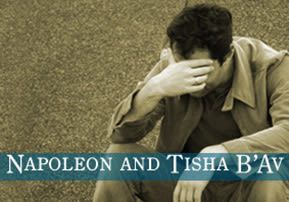
Napoleon and Tisha B’Av
Jerusalem is the central issue as history winds down; more specifically, the Temple Mount. Jerusalem and the Temple draw Jews like a magnet to the center of the world stage…

There is a story that once Napoleon happened upon a shul, and saw Jews sitting on the floor and mourning. When he inquired about this strange behavior, they explained that it was Tisha B’Av, and that they were mourning the loss of the Temple. Napoleon’s response? “Any people that can mourn an event that occurred thousands of years ago will one day return to their land.”
What would Napoleon have said today?
Perhaps, one of the most destructive elements of the Holocaust – a churban unto itself, and part of the Tisha B’Av mourning – is that it completely distracted us from our history. It was such a monstrous and painful event that all we could do when it was over was focus on the present, and if and when we dared, the future of the Jewish people. The recent past was too excruciating to contemplate, and beyond that was too distant to relate to.
Now, decades later, that past has been called into question, and it is being called into question in a city that, by international standards today, it should not be all that important.
It is a money world today, and what counts the most to the world are the money capitals: Washington, New York, London, Tokyo, Paris, Hong Kong – all the most cosmopolitan cities in the world and homes of “Big Money.” In the past, perhaps, it was the dream and ambition of all great leaders to conquer Jerusalem.
However, today Jerusalem is but an archeological relic from the past, beautiful to visit, but not a place to spend one’s energies and resources, blockading and overpowering. Conquer New York financially, and that’s a real conquest. Even to the secular Israeli, Tel Aviv, home of the Bursa (Stock Market), is the pulse of the nation.
Except, of course, for the three major world religions.
The Jews want Jerusalem because it is Jerusalem and all that it has ever meant to the Jewish people throughout Tanach and history. The Arabs want Jerusalem because they believe Mohamed ascended to Heaven from there, and more than likely, also and if not specifically, because the Jews want Jerusalem. The Christians want it because that was where their religion began, and also because of what it means to the Jewish people.
However, in spite of the logic of it, Jerusalem is fighting its way back on to the international scene. Washington, London, Paris – all of them have to deal with the Jerusalem issue. For, ironically, the Arab nations who are fighting for Jerusalem also control the money markets, or at least wield great influence over them. History (read: Divine Providence) has worked it out that the most fearful nations today, both financially and politically, like the old days, want to vanquish Jerusalem as well.
A strange twist of fate? It might have been had it not been prophesied thousands of years earlier. As it says:
After Mashiach comes, a major war will be instigated against Israel, as mentioned in the Holy Zohar (Shemot 7b), and in Parashat Vayaira (119a) and Toldot (139). This is the war of Gog and Magog spoken about in Yechezkel (38, 39), and Zechariah (14), as well as in Midrash Tehillim (Mizmor 118:9). There it says: Three times in the future Gog and Magog will come against Israel and go up against Jerusalem, and assemble and anger the nations with him to go up to Jerusalem . . . (Sha’arei Leshem, page 491)
So, we see, Jerusalem is expected to be the central issue as history winds down. And, more specifically, the Temple Mount, upon which the Arabs conveniently built their mosque. Thus, whether we like it or not, and whether we are ready for it or not, Jerusalem and the Temple is drawing Jews after it onto the world stage, and back into our past, the only place, seemingly, where the answers to resolve the present and the future conflicts can be found.
***
Pinchas Winston is the author of over 95 books on various topics that deal with current issues from a traditional Jewish perspective. He has also written on the weekly Torah reading since 1993, called “Perceptions”, as well as on current topics and trends affecting Jewish history, past and present. One of his missions is to make the depth and beauty of the more mystical teachings of Torah understandable and accessible to those who can really benefit from them. Visit his website at thirtysix.org.


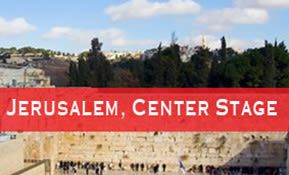
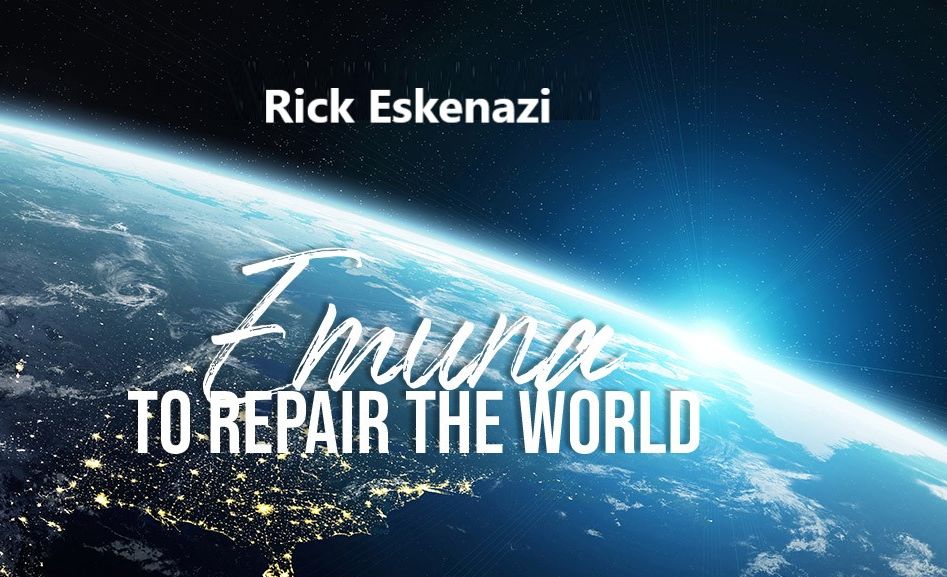



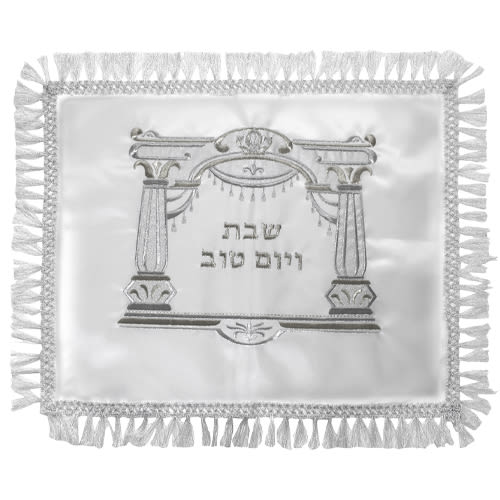
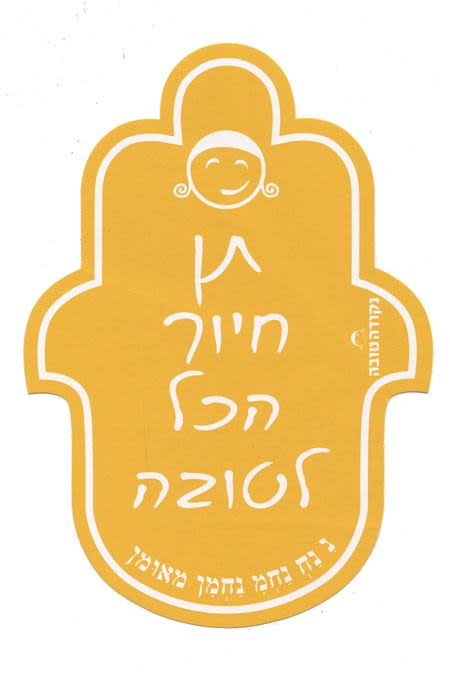
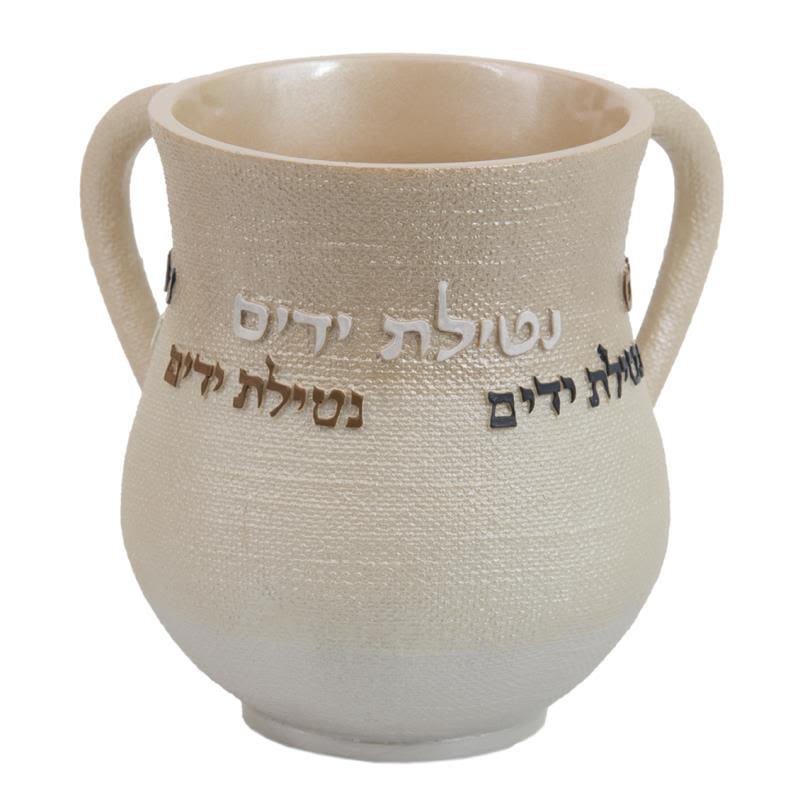
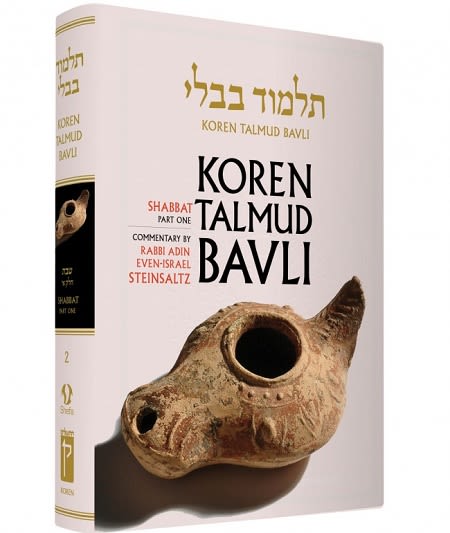
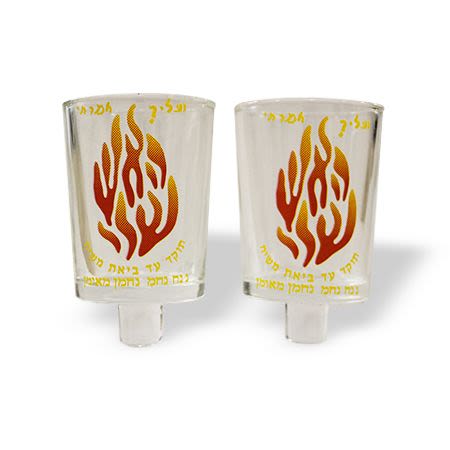
Tell us what you think!
Thank you for your comment!
It will be published after approval by the Editor.